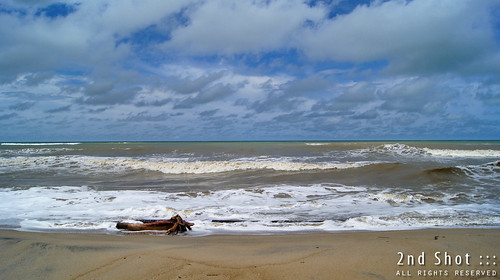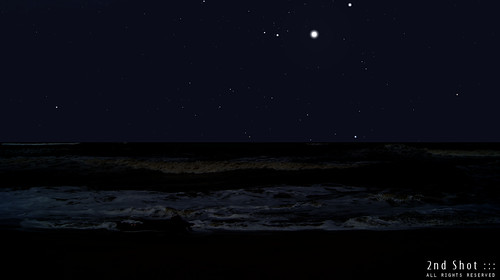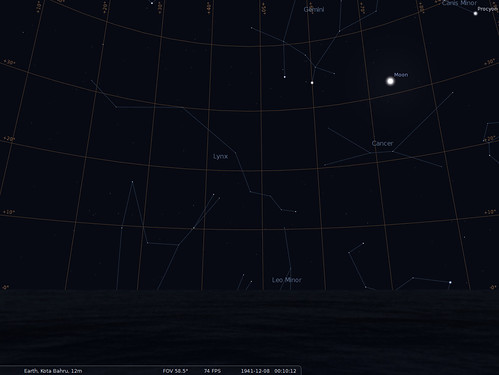Last year for WWII anniversary, I blogged about the first air raid in Singapore while in 2008 it was on Pearl Harbor. This year is special. It has to be since 2011 is the 70th anniversary of the Japanese invasion of South-East Asia (note they invaded China before that). Not to bore you with the usual story and photos of torpedoed ships in smoldering ruins (they ran that image for 70 years already), I shall keep this post short, relevant and meaningful, in line with the theme of this blog.
If you are a history bluff and one who likes tranquility, a good and cheap place you can visit is Kota Bharu. It is not a place many people would prefer to spend their vacation - nearby Perhentian Islands off Terengganu is more popular - but for me, it was a "been there, done that" in March 2011. The Kota Bharu trip counts as one of my most unforgettable overseas experience to date and I should blog about it if time permits.
70 years ago, it was on the beach of Kota Bharu that WWII in the Pacific theatre started. By attacking Pearl Harbor and Malaya thousands of miles apart simultaneously, effectively declaring war on USA and Britain and taking them on at the same time, the Imperial Japanese Navy and Army conducted what was probably the most well-coordinated military operation in WWII to achieve the element of surprise (so that declaring war on one country does not put the other on guard and on the offensive). The attack on Pearl Harbor took place around 8am local time on 7 Dec and the attack on Kota Bharu around 1am local time on 8 Dec. Since Hawaii is GMT-10 and Malaya GMT+8, this means Pearl Harbor was attacked around 2am Malaya time. Thus it was at Kota Bharu that the Pacific War started, a fact still misunderstood by a great many people. And of course Kota Bharu does not get all the media, scholarly and documentary attention compared to Pearl Harbor.
Pantai Kuala Pak Amat, the historical site and start of the Japanese invasion of Malaya. The Pacific War started here. Strong lapping waves have eroded much of the original coastline, so the sea is much further inland now.
As mentioned in my first air raid in Singapore article here, it was a moonlit night on 8 Dec in Malaya. What part did the gibbous moon play in the opening battle of the Pacific War? Once again, I ran Stellarium planetarium software to simulate the sky conditions on the midnight of 8 Dec. Note the beach of Kota Bharu faces the north-eastern direction (see google map) and the Japanese transport ships were spotted shortly after midnight. The simulation shows that at 10 minutes after midnight, the moon was 30 degrees above the horizon.
Using the previous day photo, I superimposed the sky simulation to arrive at this composite - the stars and moon position seen by Allied beach defense minus moonlight and clouds.
A gibbous moon less than halfway up the sky could explain the "three large shadows" spotted by the Indian brigade manning the beach defenses [link]:
Shortly after midnight on 7th/8th December, a group of Indian guards at Kota Bharu spotted three large shadows, the IJN transport ships: the Awagisan Maru, the Ayatosan Maru and the Sakura Maru, dropping anchor approximately 3 km off the coast of Kota Bharu.
Stellarium simulation with location and direction set to the moment thereabout the Japanese troop ships were spotted on the horizon by beach defense.
There you have it, my short post to commemorate the 70th anniversary of the Japanese invasion of Malaya. The Pacific War began here; from the beach of Kota Bharu troops would sweep down the Peninsula joined by forces from other locations, with their final objective in Malaya ... Singapore.



















2 comments:
Immigration to Australia, or to any new country or culture, is filled with ups and downs. But hearing the stories of other people, who have successfully been through the process, goes a long way to reducing the fear of the unknown. Allow me for a few moments to share some of our experience of immigrating to Australia. Some of the victories and challenges.
Used Cars Australia
I enjoyyed reading your post
Post a Comment